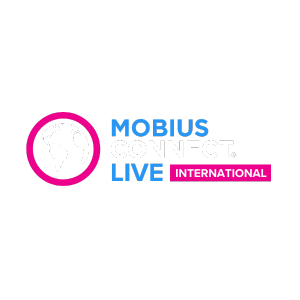Description
A digital transformation is happening in most industries today and many companies are establishing digital strategies to improve cost efficiencies and create new revenue streams based on sensor data and new technologies.
As a result, predictive maintenance can extend from the traditional CM measuring techniques, looking at selected failure modes to the full concept of CBM and ensuring the condition of the whole function by establishing a preventive maintenance programmed combining both predetermined and predictive maintenance.
Digitalization enables new opportunities with data streams from sensors and other sources of information applied in new CM models. The increasing level of complexity calls for a higher level of transparency, trust and interaction between industrial actors and stakeholders. The need for trust moves to areas such as sensors, systems and infrastructure, data quality and security and ownership.
This new situation also creates new actors, partnership and stakeholder constellations.
To facilitate this change and new reality a common framework should:
– harmonies processes, procedures and designs
– facilitate interoperability and integration
– enhance transparency and traceability
– provide a basis for 3rd party verification
– ensure consumer protection and confidence
– transfer knowledge and share best practices
– inform and accelerate regulatory developments
This presentation gives an example of a framework designed to facilitate a maintenance support function shared between a 3rd party or manufacture and the equipment owner, based on international standards.
It also covers the basis for a quality management (QA) and requirements for data management including data quality, data security (cyber security) and data infrastructure including shipboard servers.
Bio - Joar

Joar Håland, Principal Engineer in DNV GL – Maritime Classification is discipline responsible for services and business development related to maintenance and inspection management for Mobile Offshore Units (MOU).
Joar has 15 years of experience working in the maritime industry and within maintenance and inspection management.
His work ranges from implementing basic inspection and test activities to more complex and extensive programmes based on systematics like risk-based inspection (RBI), condition-based maintenance (CBM) and reliability centered maintenance (RCM).
Joar is also responsible for certifying external companies that want to qualify their predictive maintenance services (CM and CBM) and with the increasing focus on digitalisation and the opportunities it creates, it has resulted in a development and an updated concept that defines a common framework to quality assure this type of service.
Joar holds a bachelor’s degree in marine engineering from Norwegian University of Science and Technology.
Bio - Julian
 Julian Zec works with development and delivery of global CM and CBM solutions with focus on delivery of total cost of ownership (TCO) services, methodology how to integrate residual organizational knowledge with data and design of analytical and maintenance management software for expert use.
Julian Zec works with development and delivery of global CM and CBM solutions with focus on delivery of total cost of ownership (TCO) services, methodology how to integrate residual organizational knowledge with data and design of analytical and maintenance management software for expert use.
Responsibility includes full operational CBM delivery on 55 vessels having NOV CBM program onboard. Previously he was the main architect of NOV CM/CBM flagship “Rigsentry” software.
He has an MSc degree in Cybernetics & Signal Processing from University of Stavanger, and a degree in Organizational Development and Leadership from Norwegian School of Economics in Bergen (NHH). Julian have 15 years of work experience in oil and gas industry – within R&D, engineering and field operations from NOV, Seadrill, Archer and FMC Technologies.
Currently he holds position as Chief Engineer for Condition Monitoring and Condition Based Maintenance at NOV and as manage global Maintenance & Reliability and software engineering teams in Norway, UK and US.
